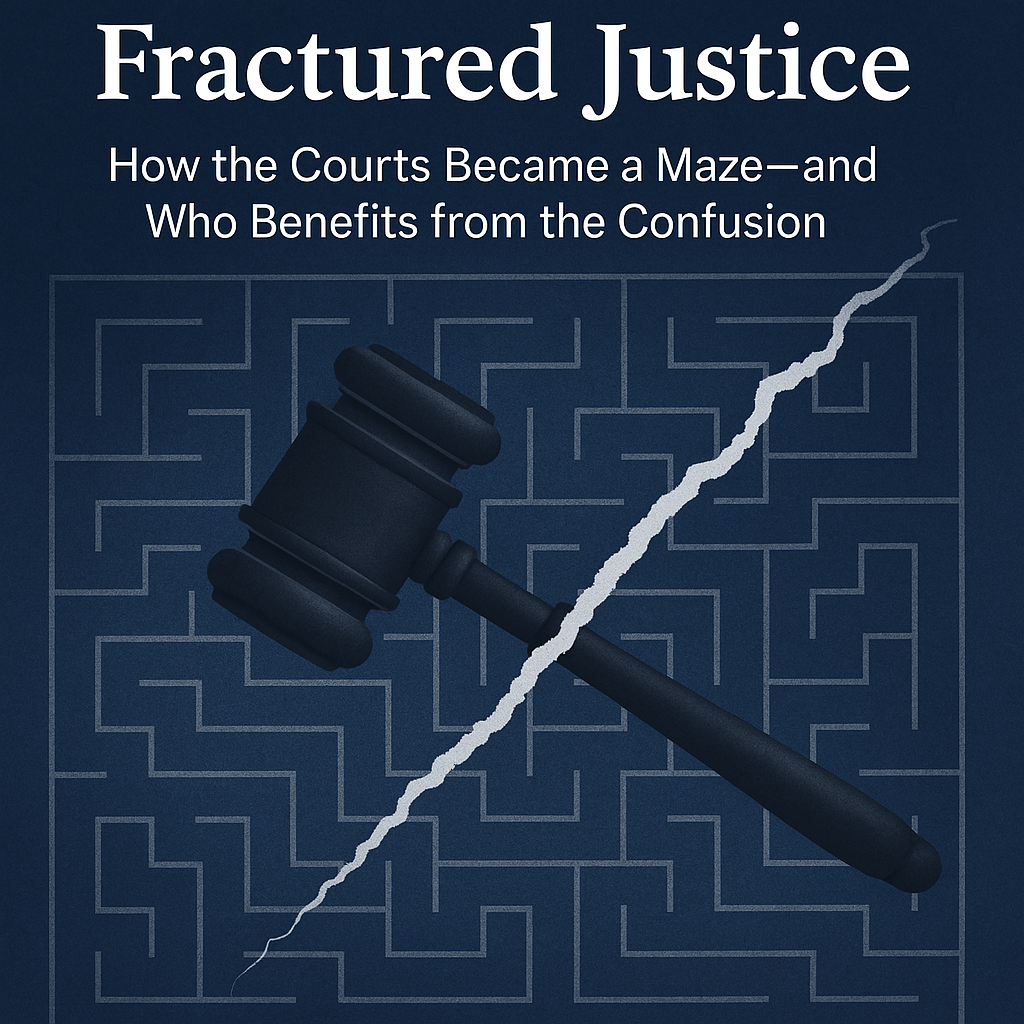How One Order Cracked the Foundation of Due Process
In the cold light of January 25, 2017, the policy looked simple: ramp up immigration enforcement. But buried in the fine print of Executive Order 13768 (https://www.federalregister.gov/documents/2017/01/30/2017-02102/enhancing-public-safety-in-the-interior-of-the-united-states), Donald Trump handed federal agents extraordinary discretion. No hearings. No courts. Just a broadened mandate to deport.
It didn’t just stretch immigration law. It pierced due process, and we barely noticed.
Policy by Decree, Not Deliberation
The executive order didn’t require new laws or congressional debate. It didn’t ask for judicial oversight. Instead, it redefined “priority for removal” to mean almost anyone—an undocumented person with a traffic citation or even someone merely suspected of a crime.
In short: guilt wasn’t necessary. Presence was enough.
And while legal challenges swirled, the machinery churned. Families were separated. Deportation dockets swelled. But the real damage wasn’t just in who was targeted—it was how.
Because what started in immigration quickly became a blueprint.
From Exception to Example
What we saw in that executive order was the quiet conversion of policy into executive muscle memory. Why wait for Congress when you can bypass it? Why seek deliberation when discretion gets results faster?
Trump’s order was the match. The kindling? A system already leaning toward speed over scrutiny.
- Local law enforcement used civil asset forfeiture to seize property without trial.
- School protest crackdowns invoked vague “safety threats” to silence speech.
- Even pandemic-era eviction bans saw courts struggle to balance urgency with fairness.
In every case, the message was clear: due process is optional—if you say it’s urgent.
The Ripple We Ignored
Executive Order 13768 was often framed as an immigration issue. But its real impact? It mainstreamed procedural shortcuts. It framed urgency as justification. It gave government actors a playbook—with fewer checks and faster results.
Today it’s immigration. Tomorrow it’s you.
We’ll see this theme throughout the series: how power increasingly flows through executive orders, enforcement discretion, and court-limiting tactics that sidestep traditional guardrails.
The next post will dig into personal stories—the human cost of “efficiency.” But for now, we remember when the floodgates opened.
And we ask:
When government rewrites the rules by fiat… who gets left outside the process?
One order. No hearings. No courts. Just power.
